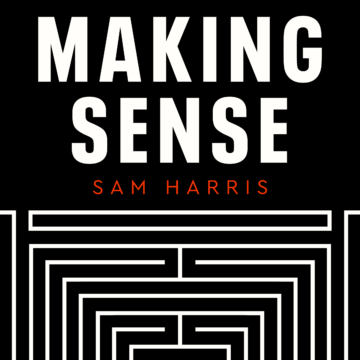“He’s everywhere — but he’s not here. He’s on somebody’s wall. He’s on somebody’s billboard. … He’s in a newspaper, but he’s not here. He’s here in spirit. But he’s not here.”
George Floyd has become a symbol, and a rallying cry. But what’s missing in our understanding is the man himself: a figure who was complicated, full of ambition, shaped by his family and his community and a century of forces around him.
On this episode of “Post Reports,” we explore the life and experiences of the man who sparked a movement, as part of The Washington Post’s series “George Floyd’s America.” The reporting explores the institutional and societal roadblocks Floyd encountered as a Black man from his birth in 1973 until his death, and the role systemic racism played throughout his life.
The eight minutes Floyd spent suffocating under the knee of a White police officer became the catalyst for nationwide protests against racial inequality. But it was not the first time that Floyd faced oppression — as a Black man, Floyd spent his 46-year life battling injustices that derailed, diminished and ultimately killed him.
“One of the reasons George Floyd has become a rallying cry across the country for racial justice protest is not because his experience was so unique,” says reporter Tolu Olorunnipa, “but in part because his experience and the experience of his family are so common.”
The series is based on a review of thousands of documents and more than 150 interviews with Floyd’s friends, colleagues, public officials and scholars.
The picture that emerges is one that underscores how systemic racism has calcified within many of America’s institutions, creating sharply disparate outcomes in housing, education, the economy, law enforcement and health care.
Subscribe to The Washington Post: https://postreports.com/offer
Credits
Reporting for this episode from Ted Muldoon. “George Floyd’s America” was reported by Arelis Hernández, Tracy Jan, Laura Meckler, Tolu Olorunnipa, Robert Samuels, Griff Witte and Cleve Wootson. This “Post Reports” episode was produced by Ted Muldoon and Linah Mohammad and edited by Maggie Penman and Martine Powers.









